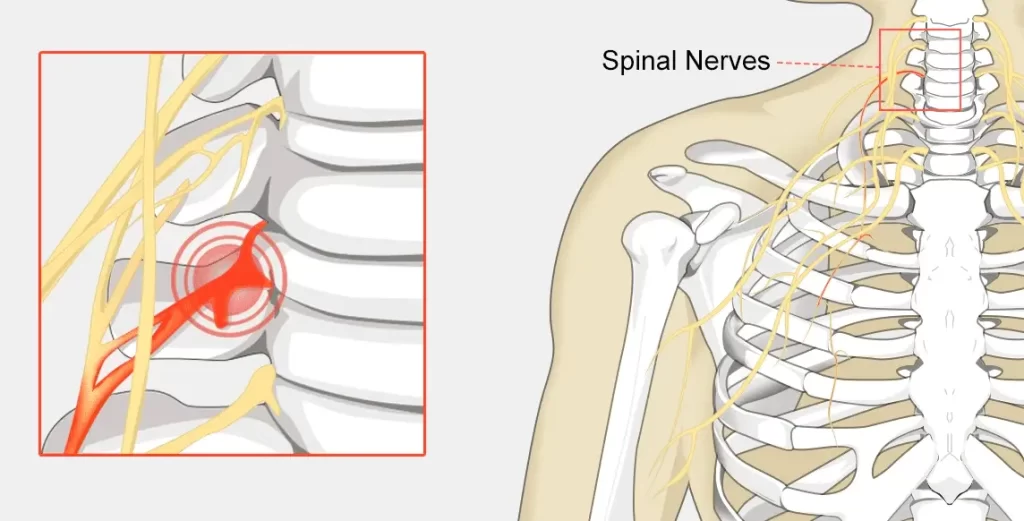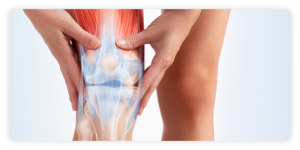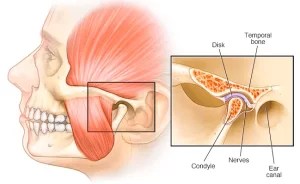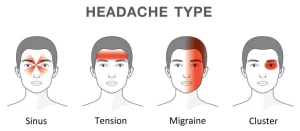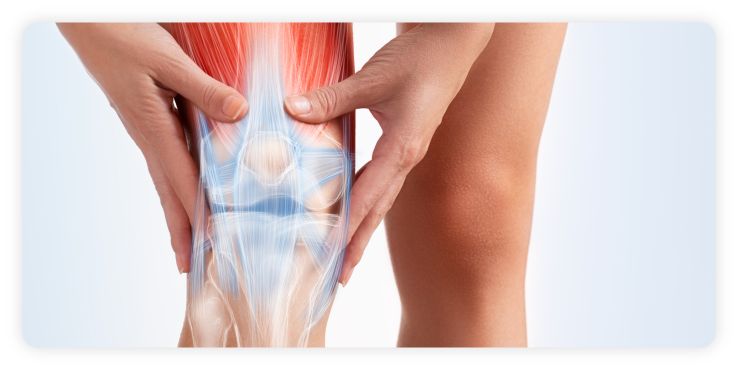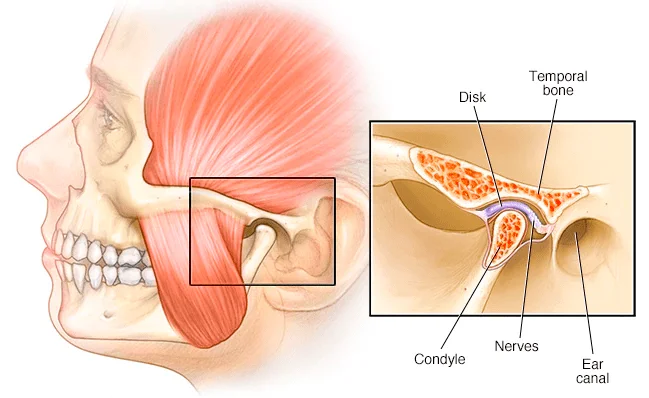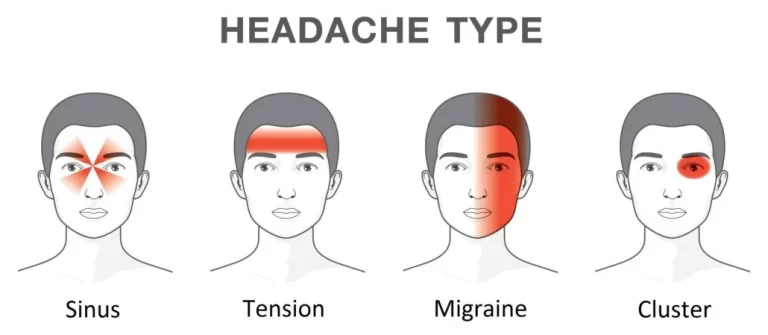What is a Pinched Nerve?
A pinched nerve in the shoulder/elbow occurs when a nearby structure irritates or presses on a nerve coming from the neck. This can lead to shoulder pain and numbness of the arm and hand. A pinched nerve in the shoulder arising from the neck may also be referred to as Cervical Radiculopathy. An acute injury or changes to the body over time can cause a pinched nerve in the shoulder. In such cases, a chiropractor in Singapore may help with evaluation and support strategies for symptom relief.
What causes a Pinched Nerve?
A pinched nerve in the shoulder occurs when material such as bone, disk protrusions, or swollen tissue, puts pressure on the nerves extending from the spinal column toward the neck and shoulder. The spinal column consists of 24 bones called vertebrae that sit atop each other with protective, cushion-like disks between each one.
The spinal column is categorised into three regions based on the area of the body and the appearance of the spinal bones. They are the Cervical spine consisting of the first 7 vertebrae, Thoracic spine: Made up of the middle 12 vertebrae and Lumbar spine: Consisting of the last 5 vertebrae.
A pinched nerve in the shoulder affects the cervical spine specifically. Extending from the cervical spine are nerves that transmit signals to and from the brain to other areas of the body.
Some common causes of a pinched nerve in the shoulder include:
– Disk degeneration: Over time, the gel-like disks between the cervical vertebrae can start to wear down. As a result, the bones can get closer together and potentially rub against each other and the nerves. Sometimes, a person will develop bony growths on their vertebrae called bone spurs. These can also press on shoulder nerves.
– Herniated disk: Sometimes, a disk can stick out and press on nerves where they exit the spinal column. A person will tend to notice this pain more with activities such as twisting, bending, or lifting.
– Acute injury: A person can experience an injury such as from a car accident or sports activity that causes a herniated disk or tissue inflammation in the body that presses on the nerves.
Pinched Nerve Treatment
Physical therapy is usually recommended for a pinched nerve. Treatment may include manual therapy that will be done to help relieve nerve pressure and increase the mobility of stiff joints and muscles. Customised exercises to strengthen muscles, increase joint mobilisation, and stretch nerves to reduce pain will also be prescribed by your therapist. Posture education and workstation optimisation to reduce pressure and inflammation will be taught. If the above treatments no longer relieve pain, surgery may be needed. If in doubt, please seek professional advice.
Looking to Address Nerve-Related Discomfort?
If you’re experiencing symptoms such as pain, numbness, or tingling that may be related to a pinched nerve, early care may help reduce discomfort and support recovery. Visit our chiropractic clinic in Singapore to explore available treatment approaches.
Check out our popular articles: Diastasis Recti, Tight Back Muscles, Irritable Bowel Syndrome (IBS), Temporomandibular Joint (TMJ) Dysfunction, Tennis Elbow, Wrist Tendon Injury, Sciatica, Whiplash, Hernia, Herniated Disc (Slipped Disc).
